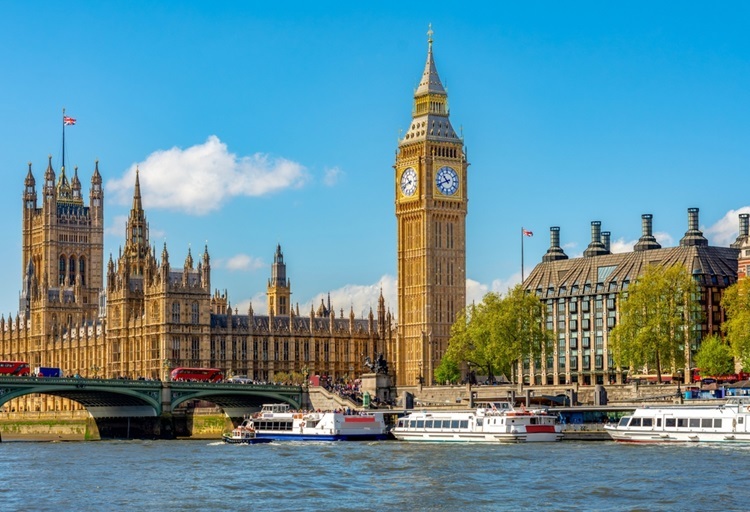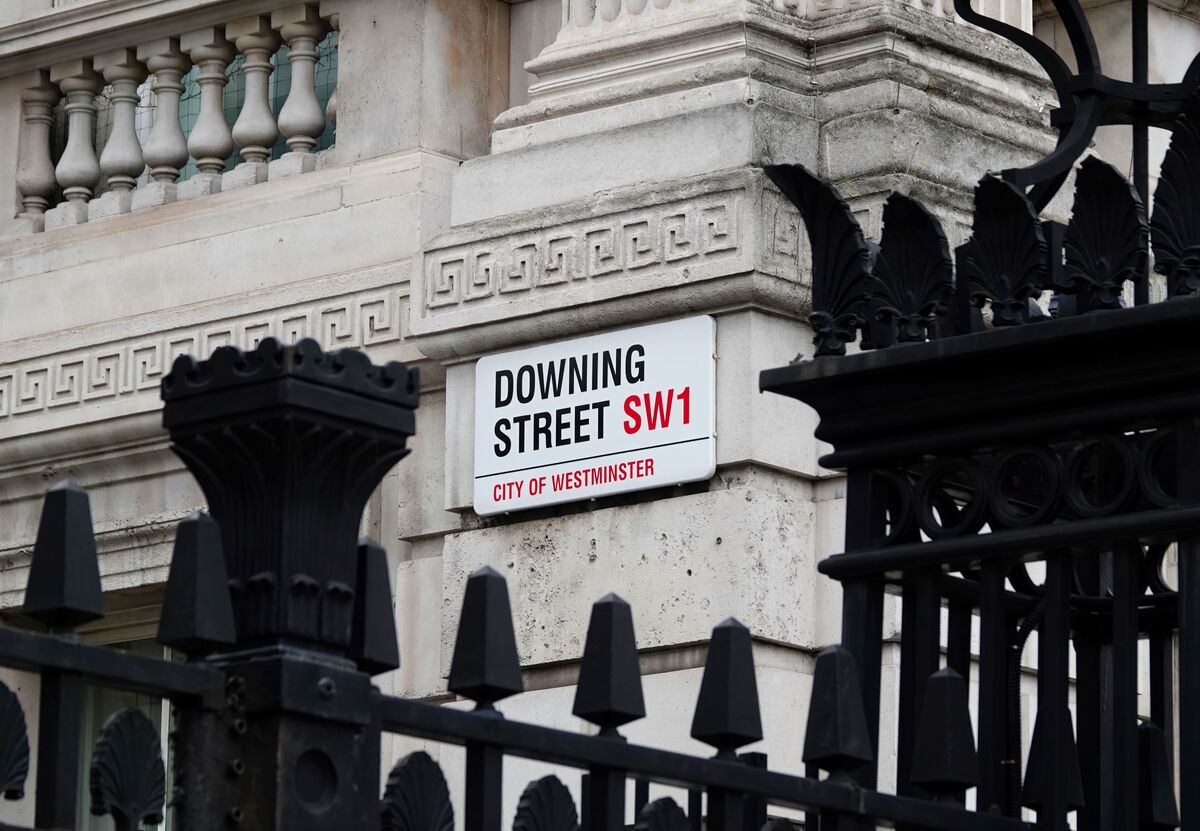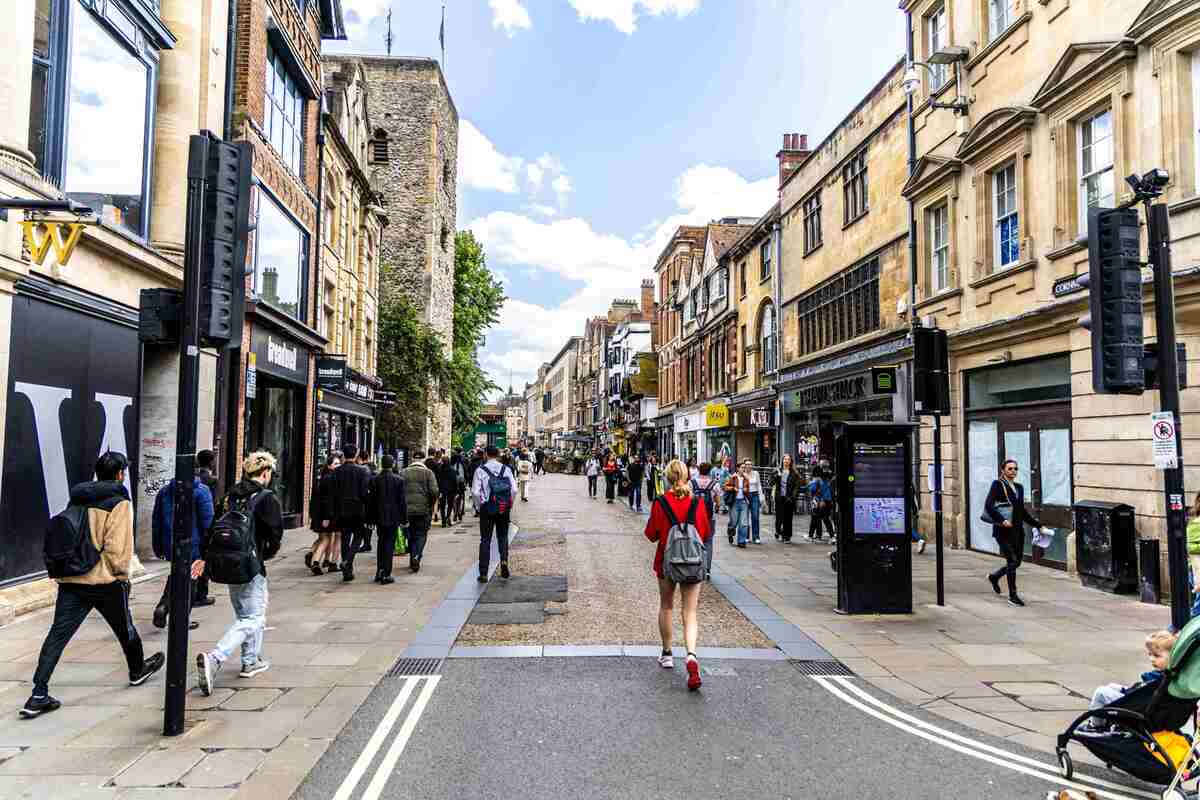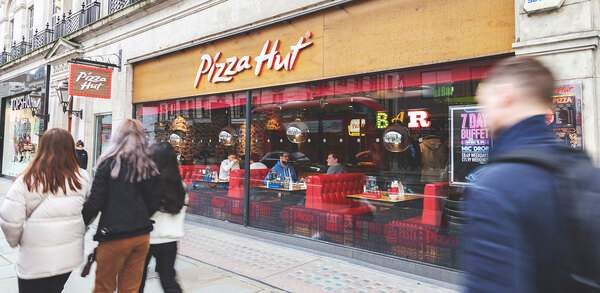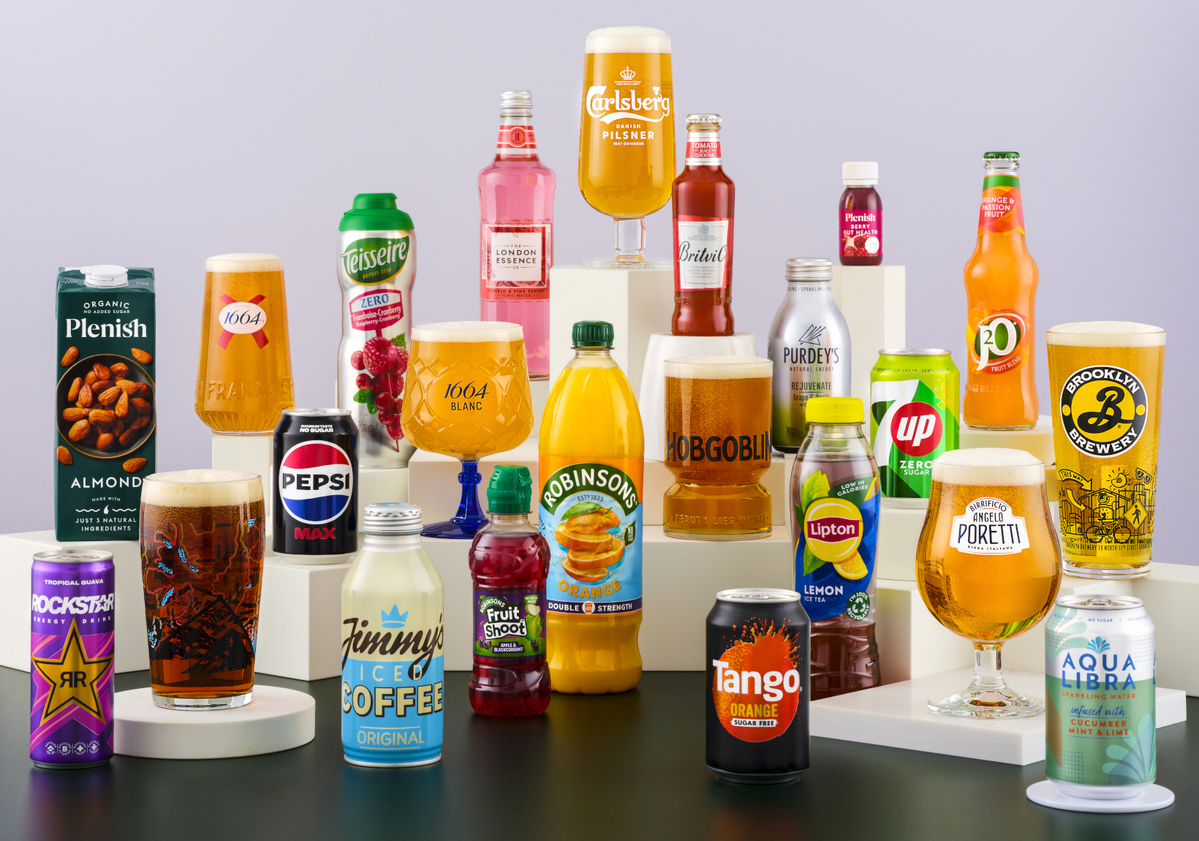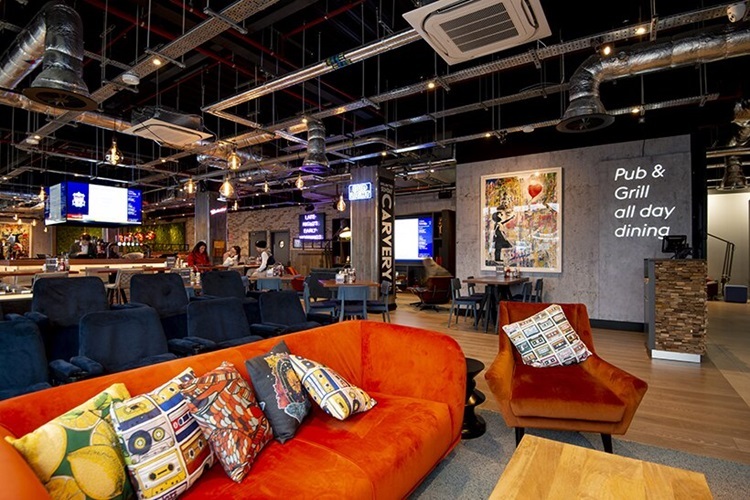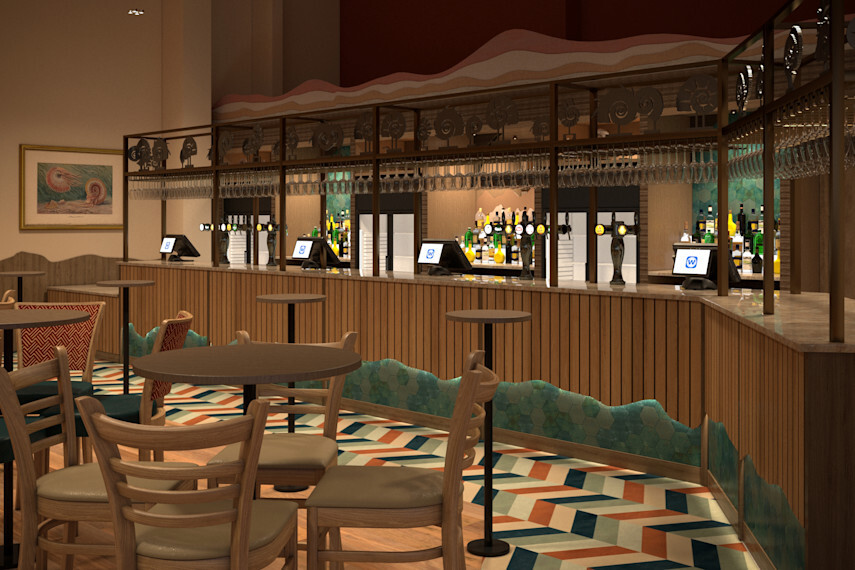Permanent cut in business rates for hospitality from 2026
UKHospitality said it will be “campaigning hard” to the government to ensure all hospitality businesses are eligible for the rate cut.
Draft legislation has been published to permanently cut business rates for retail, hospitality and leisure properties from 2026.
This is a first-time measure that will be “funded by a tax rise for the very largest business properties, such as online sales warehouses”, the government said.
The tax cut aims to “level the playing field” between high street businesses and those that operate online and out-of-town.
Until the policy kicks in, 250,000 retail, hospitality and leisure properties will receive 40% relief off their business rates bills up to £110,000 per business.
The support would be in conjunction with the budget announcement to freeze the small business multiplier, as well as the small business rates relief, which together amounts to over £1.6b in 2025-26.
Kate Nicholls, chief executive of UKHospitality, said: “I am pleased that the Chancellor is implementing UKHospitality’s recommendation for a permanently lower level of business rates for hospitality, which will benefit almost all of the sector.
“Levelling the playing field in this way recognises the importance of the high street and the role it plays in our communities and economy.”
She added: “However, we understand that some hospitality properties will fall above the proposed £500,000 level and will be concerned that they won’t receive the lower tax rate. While there is still a lack of information about what those tax rates will be, we will be campaigning hard to the government to ensure that all hospitality businesses receive the support they desperately need.”
The government also revealed plans to increase the employment allowance – a discount on National Insurance bills – from £5,000 to £10,500, which will mean 865,000 employers will be exempt from paying employer national insurance next year.
This would equate to firms being able to employ up to four National Living Wage workers full time without paying employer National Insurance on their wages, the government said.
UKHospitality understands the Employment Allowance is open to businesses in all sectors – not just retail as the initial announcement seemed to imply – as long as they are eligible.
Criteria listed on the government website includes being a business or charity with employers’ Class 1 National Insurance liabilities at less than £100,000 in the previous tax year, among others.
The Treasury has since confirmed to The Caterer the Employment Allowance applies to hospitality.
However, although the trade body said the increase of the allowance of £5,000 is positive, it would “only benefit the smallest of businesses”.
“It doesn’t come close to offsetting the increases the NICs changes will bring upon hospitality businesses,” the UKHospitality spokesperson added.
Bev King, owner of Z Hotels, told The Caterer this week: “There are so many headwinds that make it a really difficult [environment], and everyone will feel it very severely. I can see a lot of businesses that are borderline surviving today are probably going to disappear in the next few years.”
It comes as operators warned of having to make “difficult decisions” as a result of the National Insurance increases announced in last month’s budget.
Image: Shutterstock



